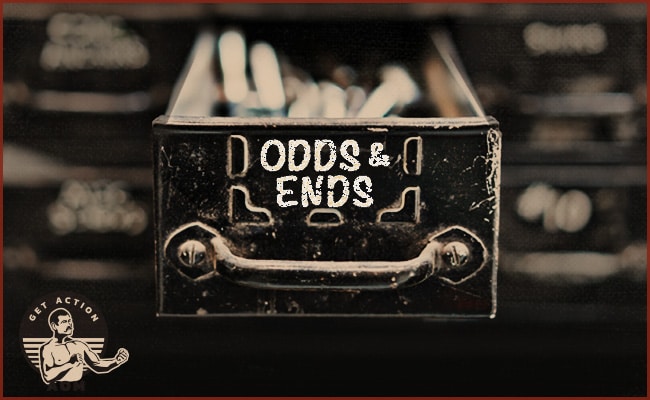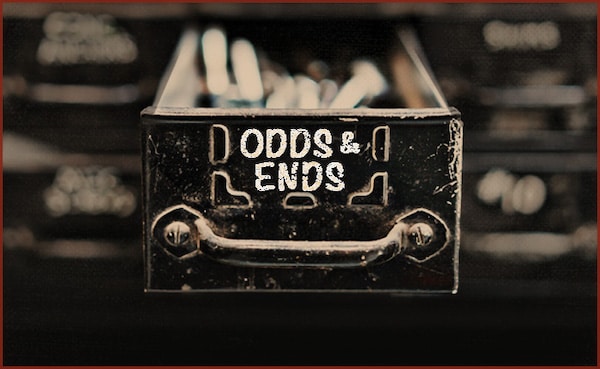
The Quiet Man. One of my St. Patrick’s Day traditions is to watch John Ford’s The Quiet Man. John Wayne plays an American boxer who returns to his native Irish village and falls in love with his fiery, gorgeous neighbor played by Maureen O’Hara. It’s an old-school rom-com filled with hilarious one-liners courtesy of Barry Fitzgerald (“Homeric!” “Impetuous!” “Who taught you to be playin’ patty-fingers in the Holy Water?”). It also has one of the longest bare-knuckle fight scenes in cinema history. Recommend watching while eating corned beef hash.
Toward a Leisure Ethic by Stuart Whatley. In this essay, Stuart Whatley makes the case for developing a leisure ethic in order to realize a rich, full life. We’re big proponents of developing a robust sense of leisure. We’ve gone into detail about how leisure plays an important role not only in individual flourishing, but societal flourishing. Leisure isn’t just swiping on your phone or passively watching television. Leisure is generative and enriching. Make sure to listen to our podcast on how leisure can be a cure for existential boredom.
Golden Era Bodybuilding Tank Tops. I’ve never been a tank top wearer during workouts, but now that I’m in my 1970s bodybuilding era, I figured I’d give them a shot. I’m now a tank top appreciator. It feels good to have your arms exposed to the air while you’re doing a cable machine fly. I picked up my tanks from Golden Era Athletics since I dug their old-school designs. Pares well with shorty shorts and tube socks.
Essays by Montaigne. Montaigne was a 16th century writer and philosopher who retired from public service in his late 30s and spent the rest of his time in his castle’s library and study writing about pretty much everything: educating children, virtue, luck, friendship, sleep, sex, and even farting. He was the original blogger. Essays is a collection of all his writing. You can flip to anywhere in the book and find something interesting to read.
Quote of the Week
Nobody deserves to be praised for goodness unless he is strong enough to be bad, for any other goodness is usually merely inertia or lack of will-power.
—Francois de La Rochefoucauld




